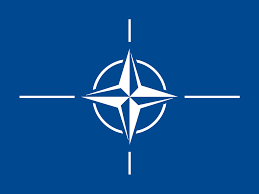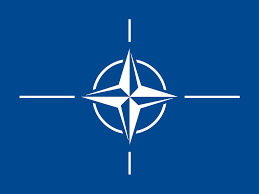Changes to Taiwan Military Aid and Potential Adjustments to AUKUS: Official Signals Emerge
In a significant development regarding U.S. defense policy, recent statements from high-ranking officials indicate potential changes to the financial aid extended to Taiwan. This shift in focus reflects broader geopolitical tensions in the Indo-Pacific region, particularly amid increasing pressures from China. Officials have noted that a review of Taiwan’s military assistance is underway, which could dramatically reshape the dynamics of U.S. engagement with the island nation.
Reports suggest that the U.S. may reevaluate the scope and scale of military aid to Taiwan, a move that comes as Taiwan seeks to bolster its defenses against perceived threats from mainland China. The ongoing tensions have prompted Taiwanese officials to emphasize their need for advanced military capabilities, including modern technology and defense systems. Washington’s reassessment of aid could not only enhance Taiwan’s self-defense mechanisms but also signal a strengthening of U.S. commitment to maintaining a stable balance of power in the region.
In conjunction with these developments, there are discussions about possible alterations to the AUKUS agreement, a trilateral security pact between Australia, the United Kingdom, and the United States. AUKUS is designed to enhance security cooperation in the Indo-Pacific, helping partners sharpen their operational capabilities against threats from authoritarian regimes. However, with new dynamics emerging, officials have hinted that adjustments to this agreement may be necessary, adding layers of complexity to international security arrangements in the region.
The implications of these changes are significant. On one hand, a modification of U.S. military aid to Taiwan could serve as a deterrent against further aggressions from Beijing. On the other hand, alterations to AUKUS may provoke responses that could escalate tensions among regional powers. The U.S. has consistently asserted the importance of supporting Taiwan, particularly through mechanisms that improve its military readiness. However, how these shifts will influence U.S.-China relations remains uncertain.
As U.S. officials navigate these sensitive discussions, they face the challenge of balancing strategic interests with the need for diplomatic engagement. Taiwan’s response to potential changes in military aid and AUKUS provisions will be closely monitored, as the island nation seeks to fortify its defense posture amidst rising threats. Leaders in the region must find a path forward that preserves stability while addressing the complex security landscape of the Indo-Pacific.
In conclusion, the forthcoming changes in U.S. military aid to Taiwan and potential adjustments to the AUKUS pact may redefine strategic alliances and security dynamics in the Indo-Pacific. With tensions high, the international community remains vigilant in understanding how these developments will unfold, influencing the region’s geopolitical balance for years to come.
Source


